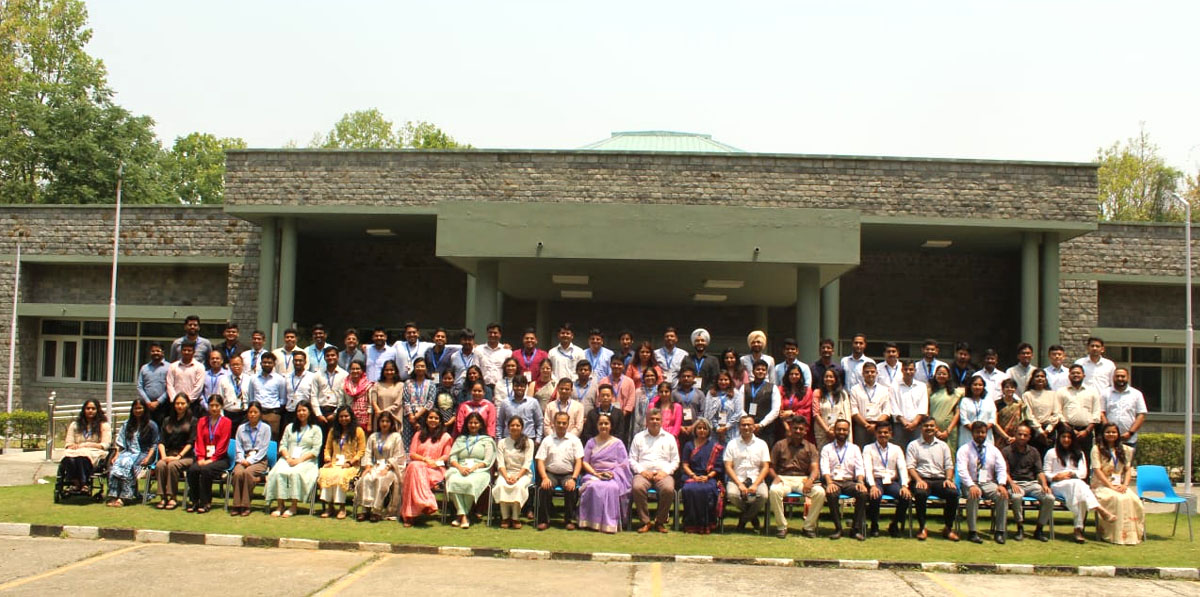Course in Wildlife Trade & Forensics for Revenue Officers
The Wildlife Institute of India (WII) offers a specialized one-week training course titled “Wildlife Protection, Law and Forensic Science” for Officer Trainees of the Indian Revenue Service (Customs and Central Excise). This course is designed in collaboration with the National Academy of Customs, Indirect Taxes and Narcotics (NACIN), Faridabad, and aims to build the capacity of enforcement personnel in addressing wildlife crime and illegal trade.

The course provides participants with a comprehensive understanding of India’s wildlife, the significance of its conservation, and the legal and forensic mechanisms in place to protect biodiversity. Key objectives include:
Introducing trainees to the fundamentals of wildlife ecology and conservation in India.
Familiarizing them with national and international legal frameworks for wildlife protection, including enforcement mechanisms under the Wildlife (Protection) Act, 1972, CITES, and related policies.
Providing an overview of wildlife forensics, including the role of scientific techniques in wildlife crime investigations.
Offering practical training in the identification of wildlife products and derivatives commonly involved in illegal trade.
Conducting a field visit to a prominent protected area such as Corbett Tiger Reserve to provide on-ground exposure to wildlife management and protection strategies.
The course includes lectures and hands-on sessions delivered by experts from WII, the Uttarakhand Forest Department, the Ministry of Environment, Forest and Climate Change (MoEFCC), the National Biodiversity Authority (NBA), and the Bombay Natural History Society (BNHS). This inter-agency training model enhances inter-departmental cooperation and strengthens the capacities of IRS officers in combating wildlife trafficking and ensuring legal compliance at border points and customs operations.
This program reflects WII’s commitment to integrating wildlife conservation with national enforcement mechanisms and sensitizing civil services on critical environmental issues.